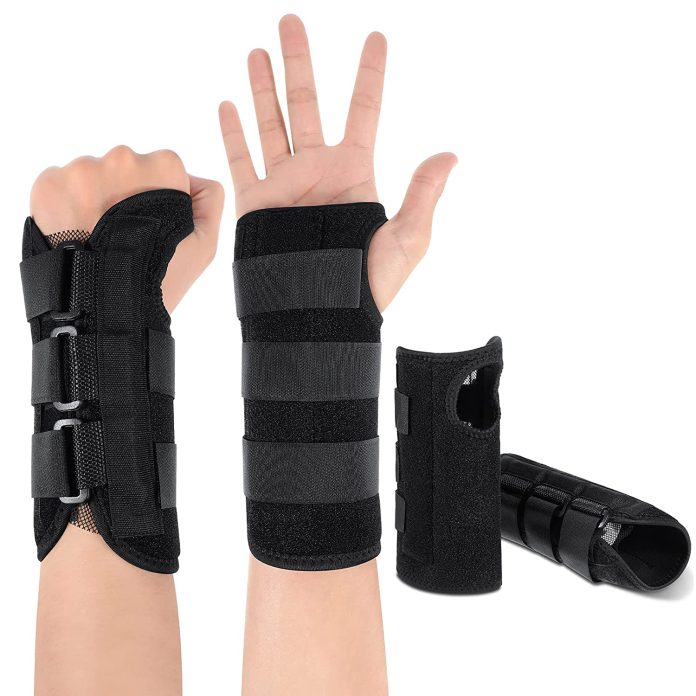Mencoret.com – Wrist splints and braces are commonly used by people who suffer from a variety of conditions that affect the wrist. Most splints and braces on the market are ambidextrous and are not made to fit specific hand shapes. Many cock up braces are used by women, as women are disproportionately affected by conditions of the hands and wrists. However, a limited number of products are specifically designed for female hands.
Splints are tools that provide a higher level of support
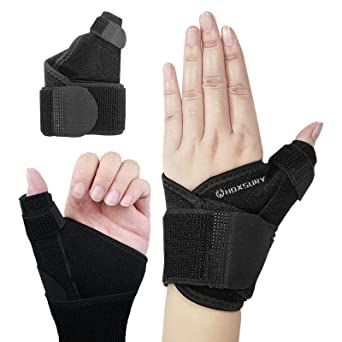
There are several different types of wrist splints, each designed to relieve specific symptoms. A splint is a device that provides a higher level of support than a brace, so it can help speed the healing process. The wrist splint can be worn while working or sleeping and is ideal for people suffering from carpal tunnel syndrome, wrist sprains, and tendonitis. A wrist support guard can also be used by people who participate in sports or activities that require full wrist flexibility.
Wrist splints and braces can help treat a variety of conditions, including carpal tunnel syndrome. Wrist braces provide compression and relief from the symptoms of carpal tunnel syndrome and other common injuries. While most braces and splints are used post-operatively, they are also used to treat repetitive-use injuries, such as carpal tunnel syndrome. During treatment, wrist splints and braces are worn overnight, and they can be effective in treating various conditions.
Wrist support can help prevent these conditions
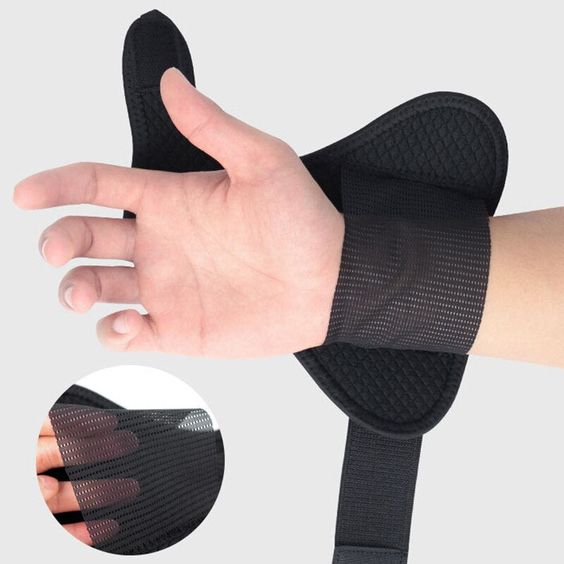
Wrist pain is a common complaint among patients. There are various causes of wrist pain, including carpal tunnel syndrome, arthritis, ganglion cysts, and tendonitis. Other causes include activities that put the wrist under stress, such as playing video games or filing papers. Wrist support can help prevent these conditions. In some cases, wrist pain can even worsen if the wrist is left unsupported at night.
Wrist braces should be worn in a proper manner. Typically, wrist braces cover the palm of the hand and extend up the forearm. The straps are secured with velcro. Wrist braces should fit snugly enough to restrict movement but loose enough to allow blood circulation. They shouldn’t cut off circulation. Wrist braces should also not allow the wrist to bend.
Wrist support can help prevent these conditions
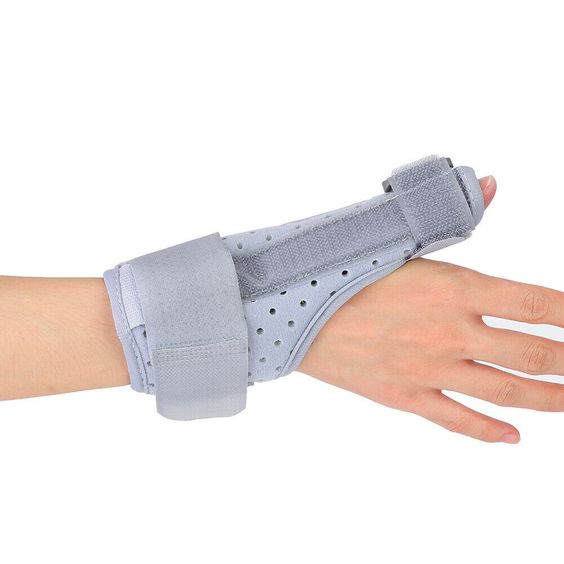
Wrist braces are designed to immobilize the wrist joint, protect against strains, and promote healing. Wrist braces can serve as both a wrist splint and a brace. The wrist brace is a wearable device that immobilizes the joint while providing heat and compression. Most wrist braces are made of rigid tissue nylon fabrics and are secured with Velcro. Some braces even incorporate metal “spines” to improve immobilization.
One type of wrist splint is a wraparound splint. This splint wraps around the wrist, preventing it from bending backwards after an MCP sprain. These wraps contain adjustable straps and a metal bar inside. While most splints are not made for sleep, Neoprene wraps retain body heat, which promotes increased blood flow.
These braces and splints may include a special coating that reduces the risk
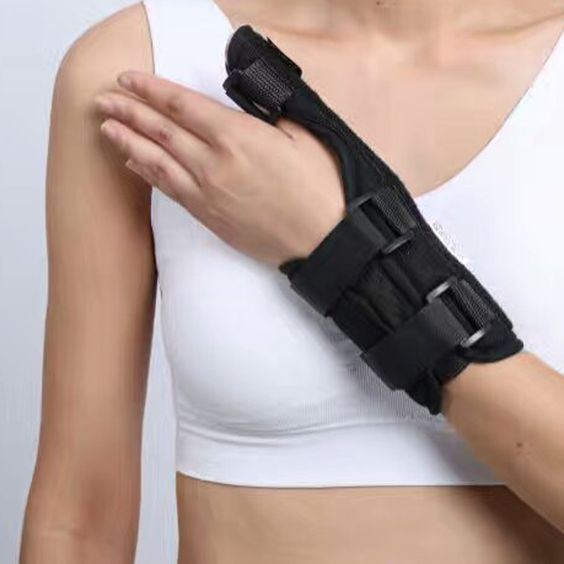
Wrist splints and braces may include airflow passages. These passages improve ventilation and removal of moisture from the hand. Airflow passages may also include perforations 108, which improve the grip of the splint. Further, these braces and splints may include a specialized coating that reduces the risk of discomfort and rashes by allowing fresh air to circulate.
Some people may need more than a brace or splint. A partial wrist fusion may be necessary if your wrist is affected by widespread arthritis. During this procedure, a large plate with metal screws is placed in the joint. Once the process is completed, the wrist will never bend again, but it will usually provide a strong joint and allow the patient to resume most activities. The fusion procedure is generally successful, allowing the patient to resume work or most daily activities.
While wrist splints and braces are not ideal for every situation, they can be effective for many conditions. Wrist braces can help protect the wrist from further injury by limiting movement while minimizing pressure on the nerves and tissues. Additionally, braces can provide extra heat compression to promote healing and decrease pain. The advantages of wrist braces and splints are many. So, when you need support for your wrist, don’t hesitate to seek the advice of health care professional.

